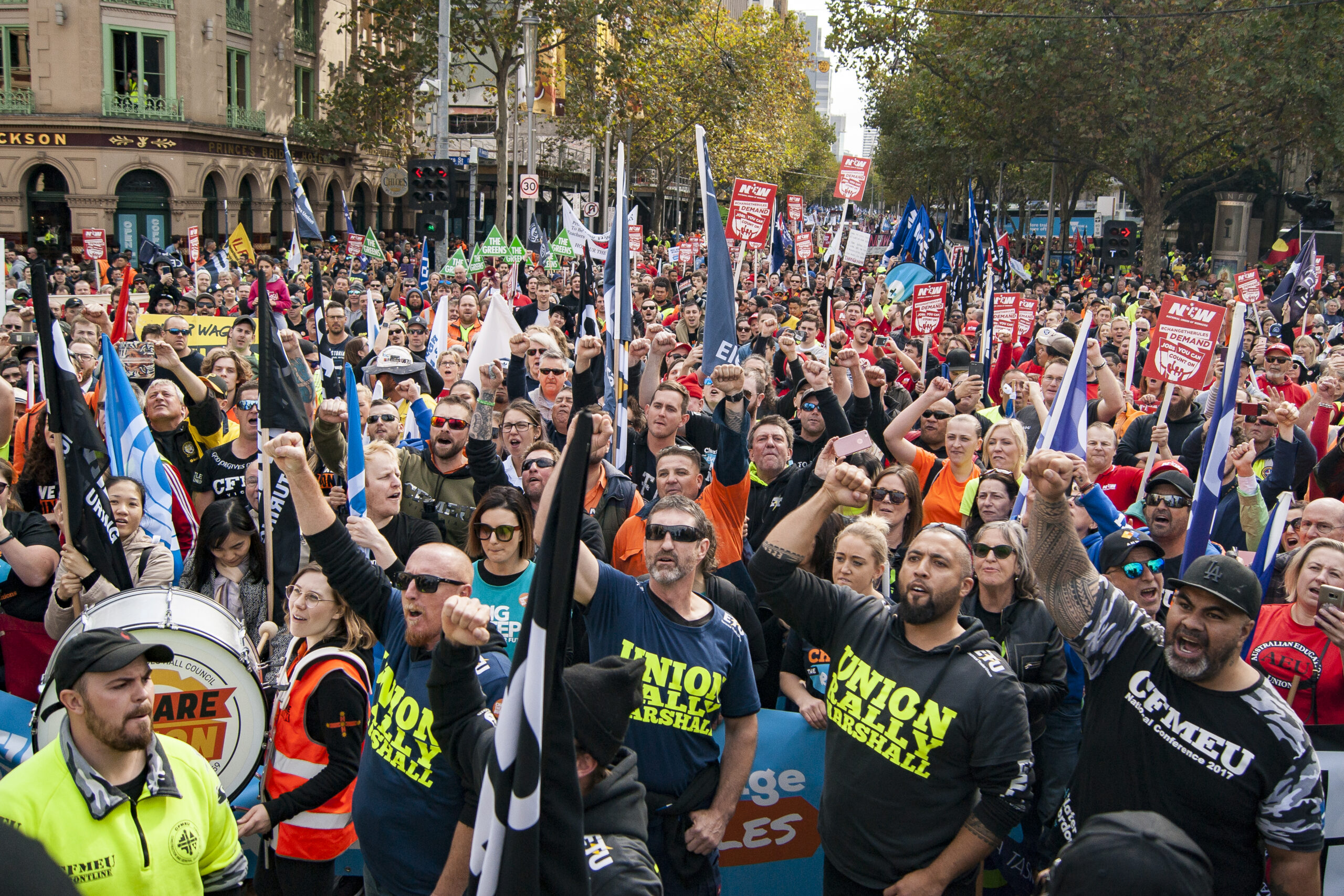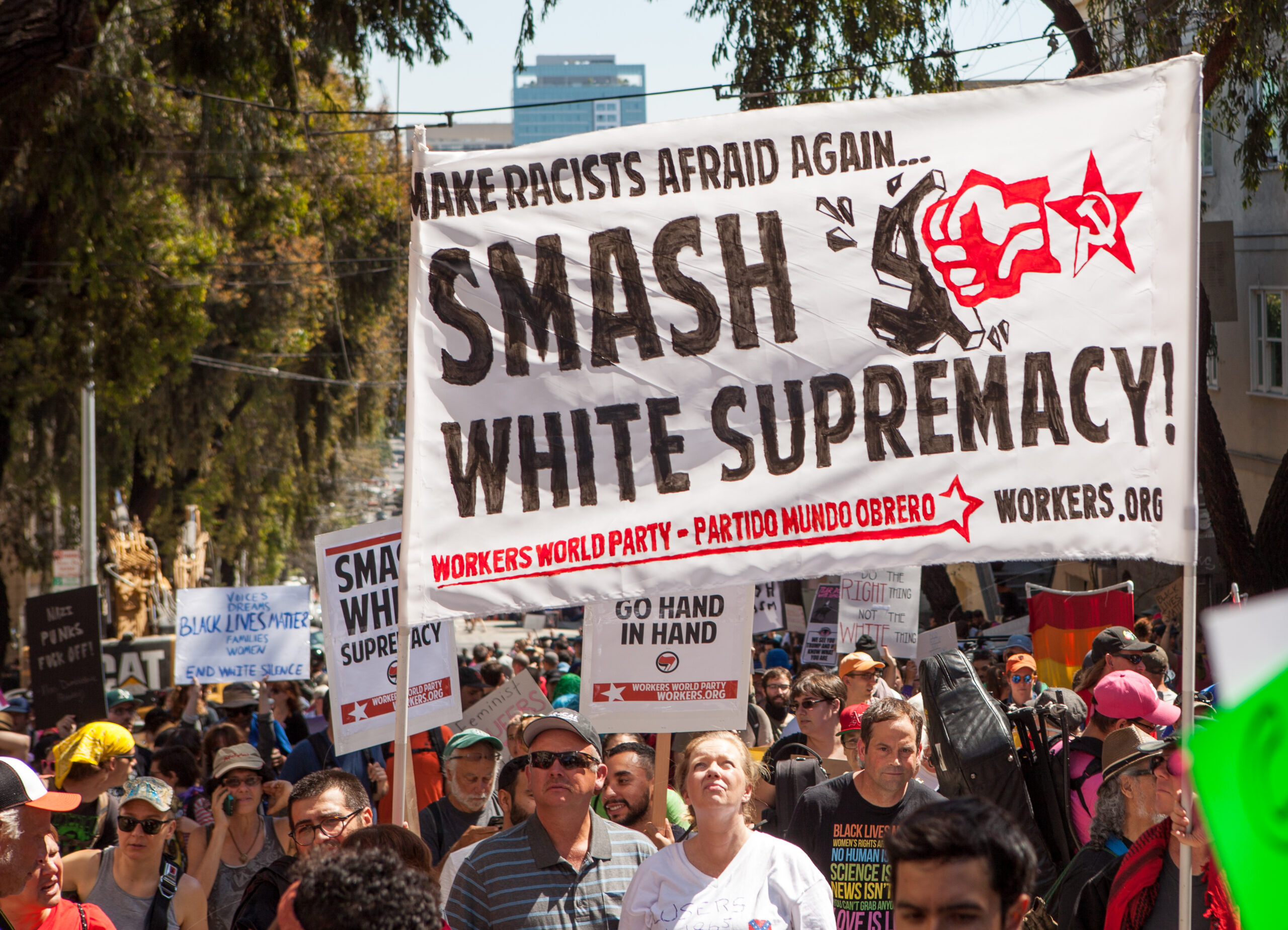The general situation was depressing. In the third year of John Key’s administration he and National were massively ahead of Phil Goff and Labour in the opinion polls. More dismally still, action by unionists was at rock bottom. The number of work stoppages for 2010 was the lowest since the Statistics New Zealand series begun in 1986 with only 6,285 person-days “lost” to the working of capitalism. The Labour Party, stuck in rectitude to neo-liberal economics, timid and defensive, seemingly unable to inspire hope. The Maori Party in coalition with National and Act selling out the Maori working class.
Then within a week two significant developments took place. An extraordinary external coup toppled Rodney Hide’s leadership of ACT and the class divide within the Maori Party produced the birth of the Mana Party. Suddenly the heat was turned up a notch on Key with a re-invigorated Right on one flank of his coalition and a split in Maori leadership on the other. Perhaps not a major drama for Key’s prospects in November for a second term, but significant polarisation has taken place.
The National and ACT ructions have to be noted in passing. A second term of National-led government was always going to be nastier. For some of the employer class progress has been too slow. They see our side is weak and they have an opportunity to make real headway. The Brash and Banks defections and their control of ACT will ensure that the pressure will be on National to go in a harder right direction.
Leftists Mike Treen, Matt McCarten (both Unite),John Minto, and lefty Green Sue Bradford are among notables to have joined ex-Maori Party rebels in Mana. Hone Harawira’s holding the Te Tai Tokerau electorate seat in November could catapult a bunch of radicals into Parliament. More importantly the combination in Mana of a Maori working class mass base and socialists opens up the prospects of a political movement that is to the left of Labour.
The prize would be a party against neo-liberal capitalism, supported by the most advanced sections of the non-Maori working class and a broad mass of the Maori working class. The new formation could give inspiration to resist the Right (or after November the remote possibility of a Labour government) and a better opportunity to make progress towards a genuine revolutionary socialist party than currently exists.
Could Mana accommodate class struggle and Maori identity politics, unity and separatism, revolutionaries and reformists? Can socialists and cultural warriors be allies? There are not single or dogmatic answers to such questions. It depends on the concrete circumstances and direction. If the class struggle is taken forward the magnetic pull would be towards unity. Otherwise, the centrifugal forces of political differences, identity politics and the corrosive effects of parliamentarism, may prevail. Only the participation of revolutionary socialists in Mana puts the question. The existing socialist organisations can be actors in this test. Their abstention will not help gain the confidence of Maori that hope lies in their class and seeing the enemy as capitalism, the system of labour exploitation and oppression of colonised peoples.
It goes without saying that Maori are, in the overwhelming majority, both working class and oppressed. The condition of Maori in society, bottom of the heap, is a direct consequence of British imperialism. Socialists do not expect Maori workers to suppress their desire to fight oppression in lieu of the primacy of the working class struggle. That would be a false dichotomy. The capitalist system has to be seen in and fought in its totality. True working class unity comes of workers supporting the rights of all the oppressed.
The Maori Party did not capture the Maori working class, only part of it. The split that has created Mana has to be seen in this light, i.e. that many Maori workers have loyalty to Labour, and that is no bad thing. The most class conscious, the core of the non-Maori working class still support Labour, if only because they are against National; and that is no bad thing. Come November we probably should support votes for Labour and Mana.
Socialist organisations should enter into the Mana Party, build it and fight for class politics within it. At the same time they should avoid liquidation and maintain independent voices and organisations. Our orientation might not be exclusively on Mana, but participation is the issue of the moment. A breach in the edifice has occurred. Rejoice that the issue of class has broken through.









